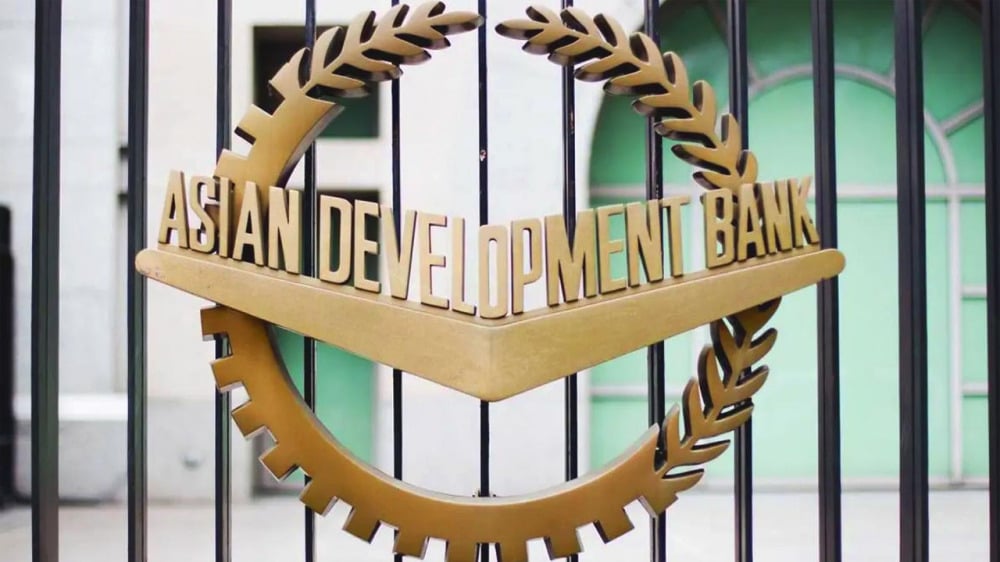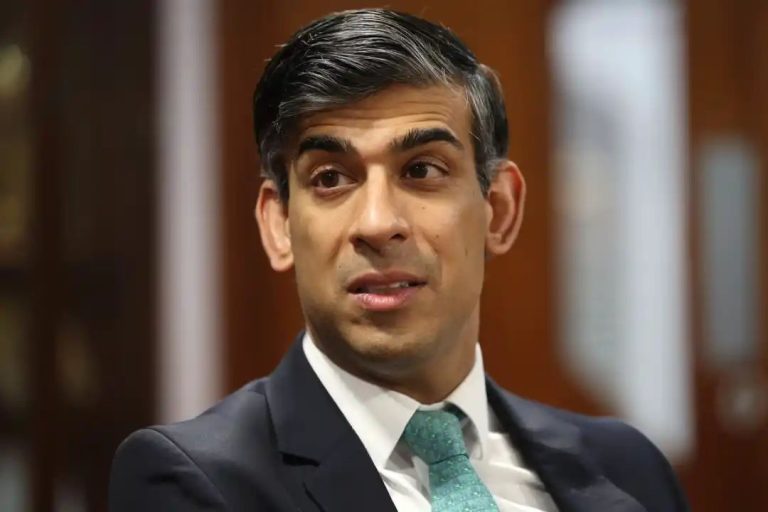World: India lags behind Asia-Pacific in providing health insurance to growing population: Report
The Asian Development Bank (ADB) in its ‘Aging Well in Asia’ report released on Thursday said that many countries including India are lagging behind in achieving universal health coverage. In these countries, health insurance penetration among the elderly is lowest at 21 percent.
Asia Pacific countries lag behind in providing health insurance to the elderly. India needs health insurance coverage to maintain its economic growth rate and meet the needs of its rapidly growing population.
The Asian Development Bank (ADB) in its ‘Aging Well in Asia’ report released on Thursday said that many countries including India are lagging behind in achieving universal health coverage. In these countries, health insurance penetration among the elderly is lowest at 21 percent. However, South Korea and Thailand have achieved universal health coverage.
ADB senior economist Aiko Kikawa said expanding health insurance coverage would improve the situation and allow people over 60 to become more productive for the economy. Moreover, the presence of an aging population can bring high benefits to countries like India. He said it is also important to expand essential services and activities that enhance the physical and functional capacity of the elderly.
Advertisement
Praise for Ayushman Bharat scheme
ADB senior economist Aiko Kikawa said India has taken several steps to provide better health facilities to its poor population. Health coverage of the elderly has improved with the introduction of schemes such as Ayushman Bharat, which provides cashless health insurance to the poor.
Advertisement
Older people can increase their contribution to GDP
According to the report, the number of people over the age of 60 in developing Asia-Pacific countries will almost double to 1.2 billion by 2050. This will be about a quarter of the total population. In such a situation, apart from pension and welfare programs, the need for health insurance will also increase.
These economies will have the opportunity to reap dividends in the form of additional productivity from the elderly, said Albert Park, ADB’s chief economist. This could lead to an average increase of 0.9 percent in the GDP of the Asia-Pacific region.
Life expectancy in India may increase by 6.4 years
The life expectancy of older women in India is expected to increase the most by 6.4 years. In Kazakhstan, Georgia and Hong Kong the increase will be 4.6 years. In case of older men in India, this can increase up to 5.7 years.
India will benefit from young population
The report said that in India, Bangladesh and Indonesia, more than half of the people without access to health services are the bottom 40 percent of the population. The impact on economic growth due to population aging in the decade 2031–40 will be less in the case of India as the proportion of young population will still be high. On the other hand, insurance regulator IRDAI has also removed the age limit of 65 years for purchasing a health insurance policy from April 1, 2024. This will increase the reach of health insurance in the country.






